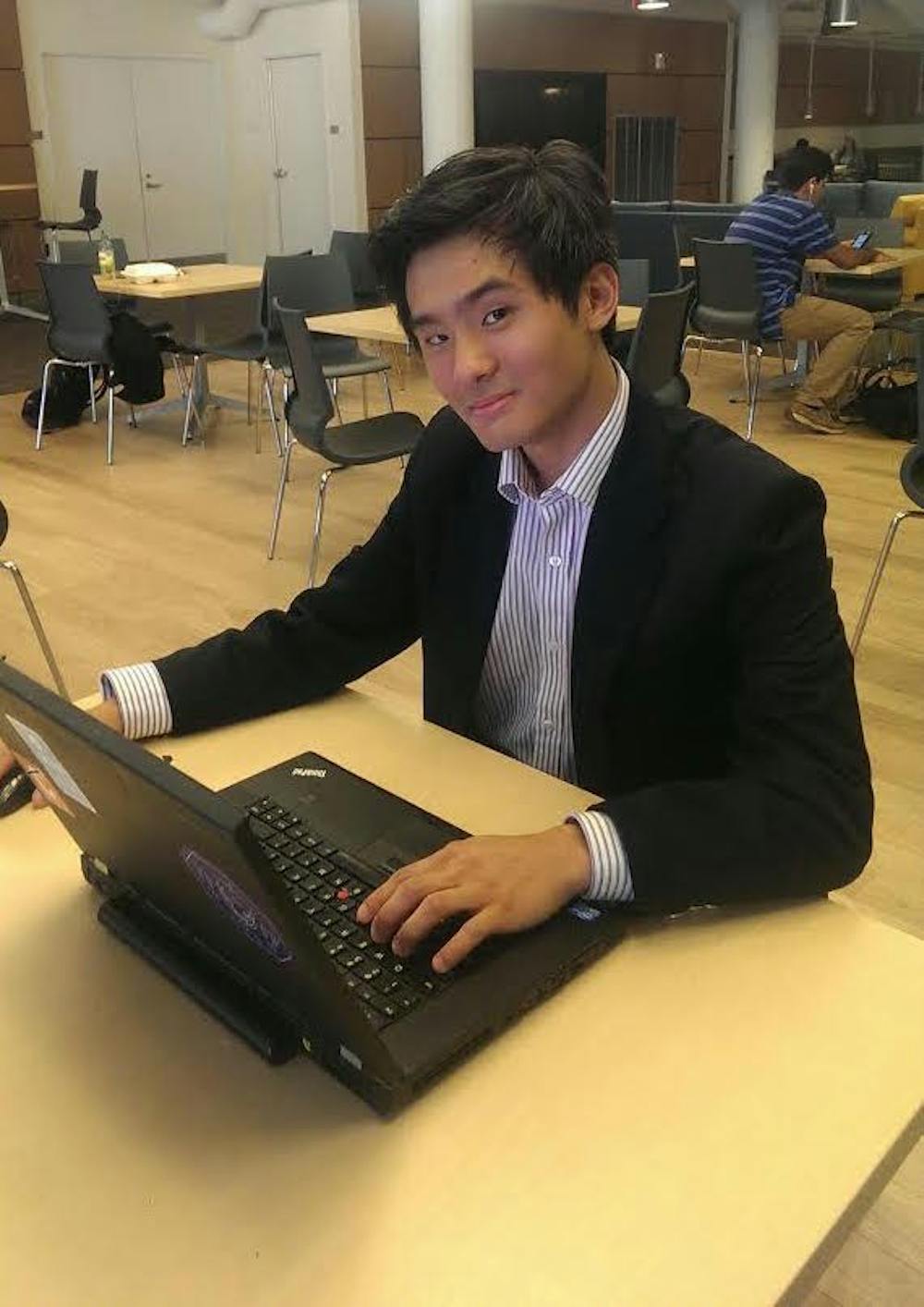After finding limited success with popular dating apps like Tinder, second-year College student Joshua Choi took matters into his own hands — developing the mobile app Pear, which launches in the Apple and Android stores this week. The app, Choi said, relies on users’ natural inclination to play matchmaker with their friends.
“I found that a lot of relationships start through friends of friends,” Choi said. “We wanted to capture the matchmaker aspect in real life, where it’s casual, and put that into the app.”
The free app asks individuals to suggest pairs among their Facebook friends. It then asks other users who are mutual friends with the suggested pair to vote “yes” or “no” on the potential match. If enough friends vote “yes,” the matchmaker can encourage the two to message one another — otherwise, the two cannot directly interact on the app.
“A user could add a crush to his or her wishlist, secretly, and have feedback from hundreds of friends as to whether they think they'd be right for each other,” second-year Engineering student Alexander Ramey said. “This sort of crowdsourcing [applied to relationships] is a new and exciting idea.”
The app also uses factors like location, school and graduation year when pairing individuals. Users range from high school students to young adults.
“I hope that [the app] gets some traction and entertains a lot of people,” Ramey said. “Hopefully, it will be a catalyst for some people to meet that special someone.”
Choi, who oversees web development, business and legal matters, collaborated with fourth-year College student William Schneider and Ramey on the technical aspects of Pear. Schneider is the Android version developer, and Ramey manages the iOS model of the app.
“I'd say the professionalism of the group I'm working with really pushes me to keep up with a little friendly competition as we develop our separate platform versions,” Schneider said.
The group plans to launch a second version of the app in the future, which will expand factors for matching to include similar interests listed on Facebook. The team also hopes to release Pear globally, with versions in other languages.
“I want Pear to make an impact and hold the attention of a lot of users, because we have plenty more planned for future features and updates,” Schneider said.
The Pear team uses server and user feedback tests to determine the app’s effectiveness, and Choi recruited testers during the summer to get an idea of what they liked about the app.
Pear received financial awards from the Engineering School Entrepreneurship Cup in November, which his team used for legal and server costs. In addition, faculty members David Touve from the Commerce School and Elizabeth Pyle from the Engineering School mentored Choi throughout the development process.
Choi said the app development and launch process thus far has proved a rewarding experience.
“Seeing other people use the application and realizing how long people are using and enjoying [it] has been my favorite part,” Choi said.







